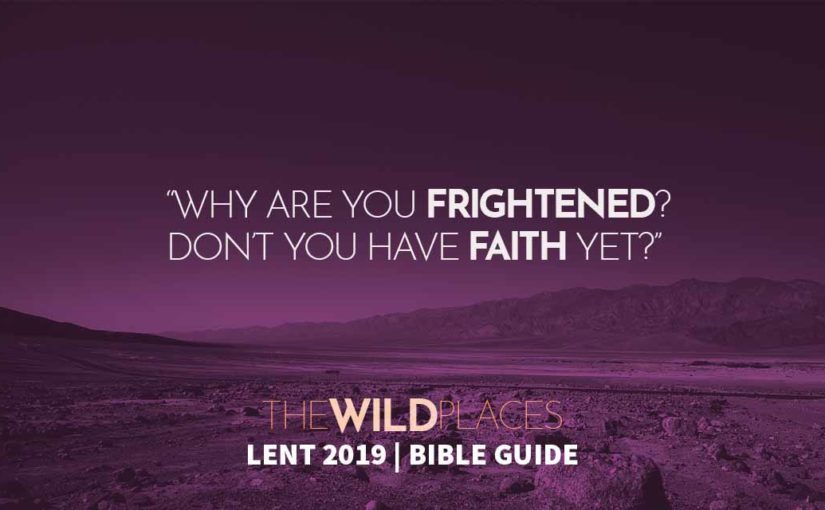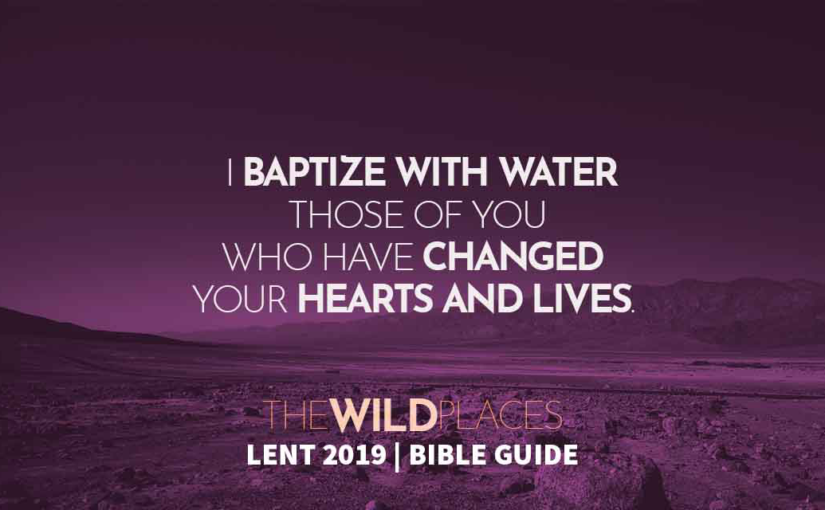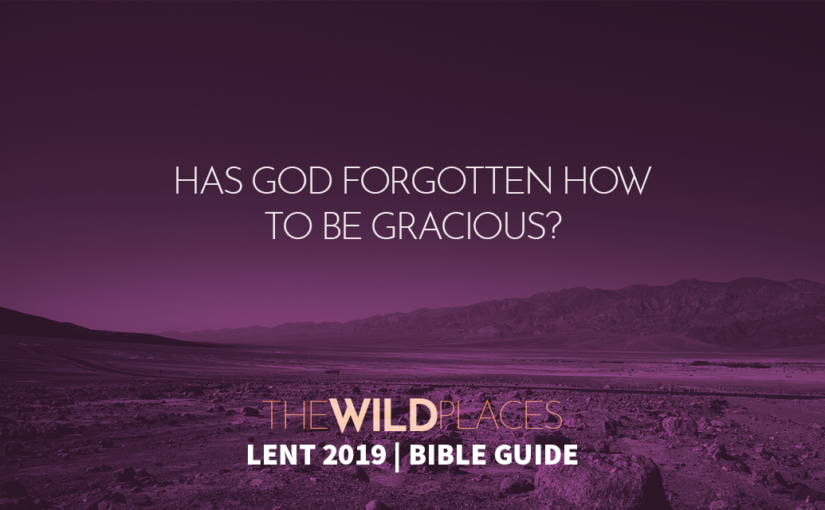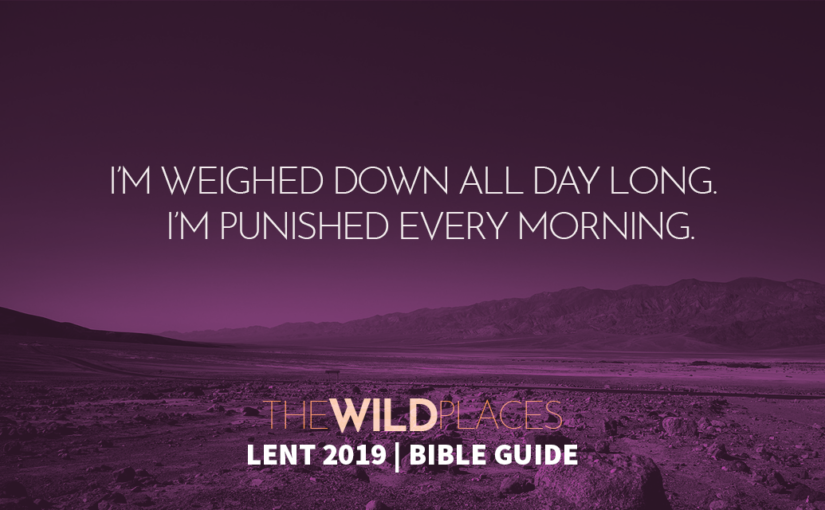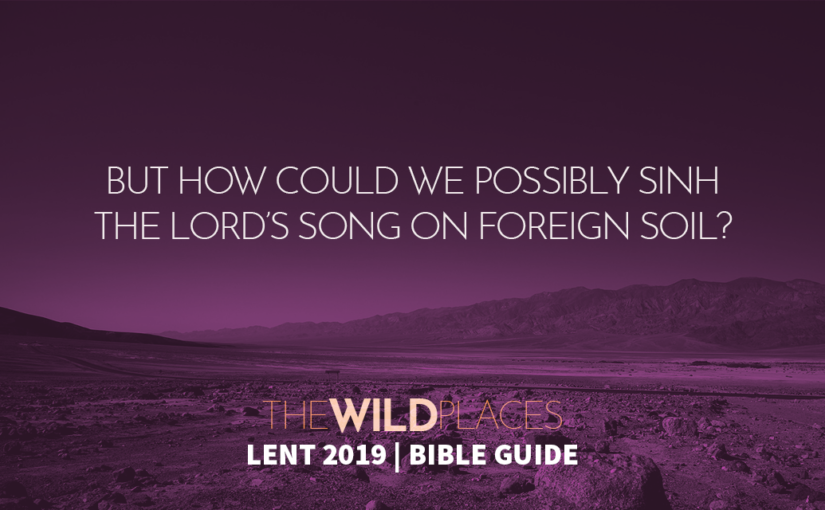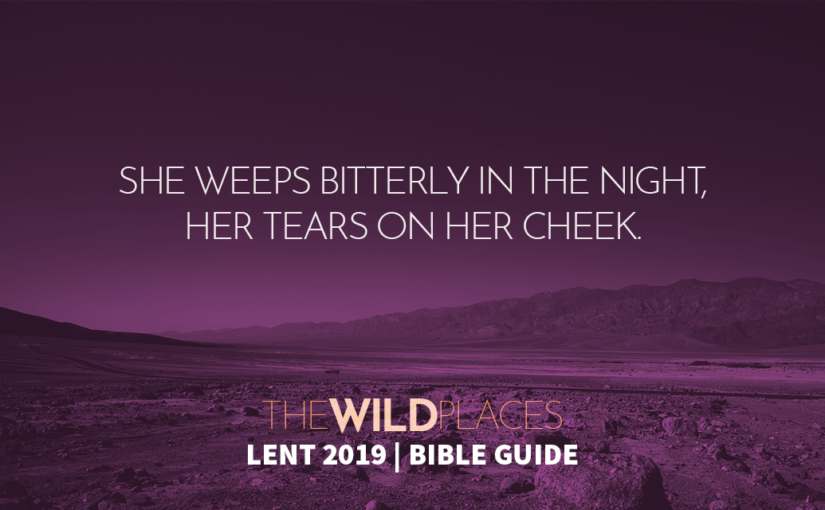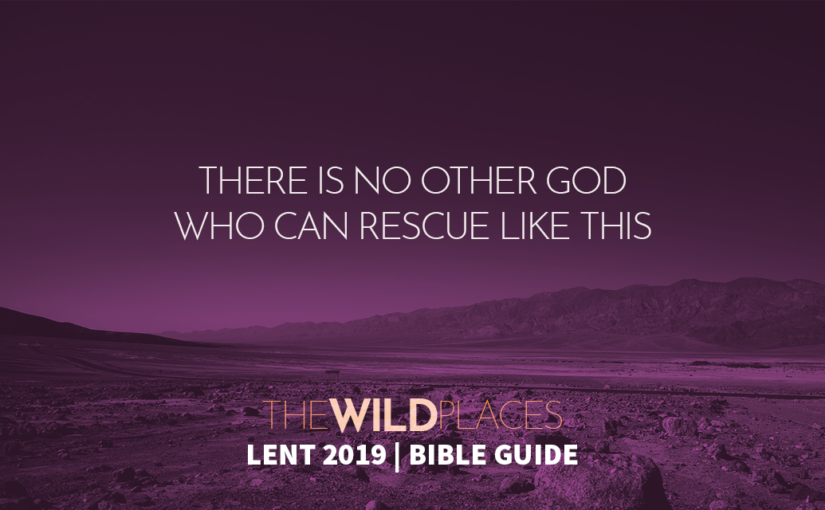Wednesday, April 10
Mark 4:35-41 (CEB)
35 Later that day, when evening came, Jesus said to them, “Let’s cross over to the other side of the lake.” 36 They left the crowd and took him in the boat just as he was. Other boats followed along.
37 Gale-force winds arose, and waves crashed against the boat so that the boat was swamped. 38 But Jesus was in the rear of the boat, sleeping on a pillow. They woke him up and said, “Teacher, don’t you care that we’re drowning?”
39 He got up and gave orders to the wind, and he said to the lake, “Silence! Be still!” The wind settled down and there was a great calm.40 Jesus asked them, “Why are you frightened? Don’t you have faith yet?”
41 Overcome with awe, they said to each other, “Who then is this? Even the wind and the sea obey him!”
Points of Interest
- All four of the gospels, in different ways, include scenes of Jesus crossing over. Jesus deliberately leads his friends away from comfort, familiarity, prosperity, and ease into complex, cross-cultural, disorienting experiences. In this sense, stepping into wild places can be a healthy part of movement toward God and toward growth.
- The boat was swamped, and somehow Jesus was asleep. This is one of my favorite moments in perhaps my favorite sections of the Bible (Mark 4 and 5). In chaos and trouble, perhaps we always wonder if God is with us and if God cares. And perhaps God is always with us, always cares, and is always calm – present, but not overwhelmed.
- What a surreal, magical moment: Jesus giving orders to the wind and speaking to the lake, bending nature toward silence and a great calm! I feel a tension with this scene. It is extraordinarily evocative and beautiful, and I don’t doubt God’s enormous power to do strange and beautiful things. And yet, this is not usually how God operates – with or without our prayers, overwhelming laws of nature, adjusting science for our benefit. I’m sorry to name this tension without a simple resolution to it, but I like being honest in these guides. I’ll only add that I feel about this scene like I do about all things epic. Epically amazing moments really happen, unusual as they are, and hard as they are to believe to those who weren’t there. I find them beautiful and glorious and important to my life and faith, but I don’t let them lead me to despise the ordinary. In other words, in the great majority of ordinary days and ordinary struggles, I hope to experience God with me – adding hope, love, peace, and joy to my experience – without changing my circumstances. When my life or circumstances are altered, and stunningly, well, that’s pretty awesome as well of course, just not the usual course of things.
- This trip ends as so many good things do, with wonder. To be overcome by life is natural for us, but also maybe a sign that our faith has grown thin. To be overcome with awe may be a sign that we’re near to God.
A Direction for Prayer
Pray for your friends and family whose wild places of overwhelming problems or chaos are known to you. Ask Jesus to be in the boat with them. Pray that God brings such peace, stillness, and help to them that they are moved to wonder and gratitude.
Spiritual Exercise of the Week
God with Me Mediation – We take a few minutes of quiet and welcome Jesus to be God with us. Ask Jesus, how are you with me right now? How do you see and know me? How are you present with me in all my strengths and weaknesses, in all my joys and stresses and sorrows? After a few moments of imaginative prayer, welcoming Jesus’ presence with you, close by praying this excerpt from the ancient prayer, The Breastplate of Saint Patrick:
Christ beside me, Christ before me, Christ behind me,
Christ within me, Christ beneath me, Christ above me,
Christ on my right, Christ on my left,
Christ when I lie down, Christ when I sit down, Christ when I arise,
Christ in the heart of everyone who thinks of me,
Christ in the mouth of everyone who speaks of me,
Christ in every eye that sees me, Christ in every ear that hears me.


